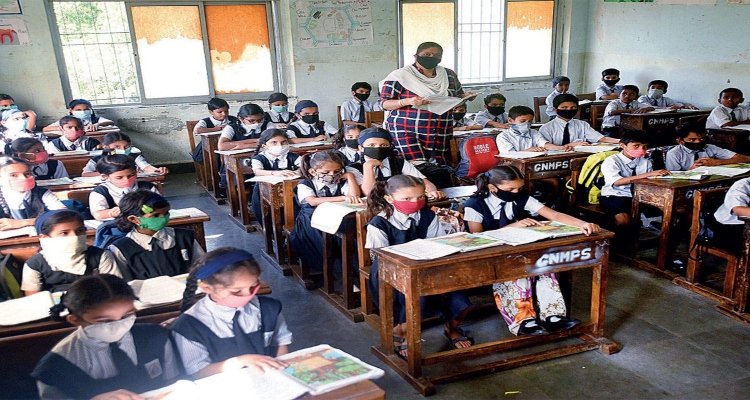
The Chhattisgarh High Court has stated recently that subjecting school students to physical violence or corporal punishment in the name of discipline is cruel and cannot be part of education.
The Court made this statement regarding the permissible limits of disciplinary measures while refusing to quash a criminal case against a convent school teacher named in a student’s suicide note.
A division bench of Chief Justice Ramesh Sinha and Justice Ravindra Kumar Agrawal emphasized that being small does not make a child less human than an adult. The Court asserted that corporal punishment violates a child’s dignity and has no place in education.
“It also appears to us that corporal punishment is not in keeping with a child’s dignity. Besides, it is cruel to subject the child to physical violence in school in the name of discipline or education. A child, being a precious national resource, is to be nurtured and attended to with tenderness and care, not with cruelty. Subjecting the child to corporal punishment for reforming him cannot be part of education… it causes incalculable harm to him, in his body and mind,” the bench stated.
The Court held that corporal punishment violates Article 21 of the Constitution.
The bench was addressing a plea to quash a suicide abetment case against a Christian Catholic nun (petitioner) who was a teacher at a convent school in Surguja district. The petitioner was named in a suicide note recovered after a class 6 student died by suicide.
The petitioner allegedly admonished the sixth-grade student and some of her classmates for skipping class, and claimed she had only confiscated their student IDs, as per usual disciplinary procedures. Her counsel argued that the suicide note did not explain why the teacher was named.
However, the state argued that statements from student witnesses indicated that the petitioner’s conduct was so harsh it caused mental trauma for the students.
The Court noted that it could not ascertain the veracity of these allegations at the current stage while exercising its powers under Section 528 (quashing of FIR) of the Bharatiya Naragrik Surakhsha Sanhita (BNSS).
Consequently, it dismissed the plea and refused to quash the case.




